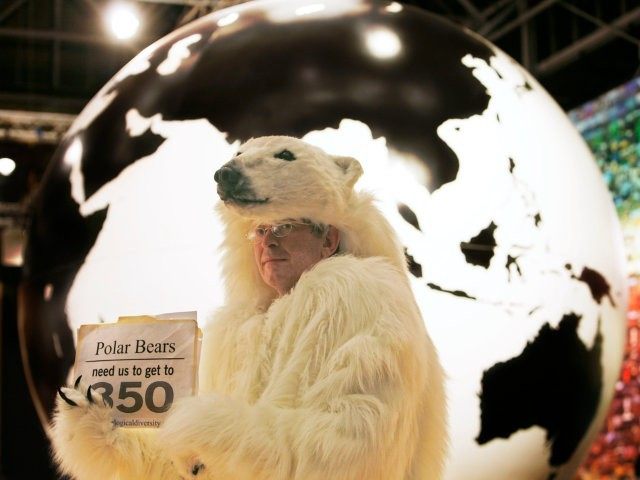A major inquiry has been launched into the reliability of official global surface temperature records following widespread allegations that data has been manipulated to prove that global warming is happening.
According to the US National Oceanic and Atmospheric Administration (NOAA), from which the US government draws official statistics, 2014 was the hottest year globally since records began in 1880. However, Remote Sensing Systems (RSS) and the University of Alabama (UAH), both of which rely on satellite systems to gauge global temperatures, show no such warming.
NOAA gathers its data from a network of more than 3,000 weather stations known as the Global Historical Climate Network (GHCN).However, in the light of the different pictures being painted by the satellites and weather stations, analysts have examined the data and point to hundreds of examples of data from the weather stations being “adjusted”, potentially exaggerating global warming.
Writing in the Telegraph, Christopher Booker explained: “Figures from earlier decades have repeatedly been adjusted downwards and more recent data adjusted upwards, to show the Earth having warmed much more dramatically than the original data justified.”
In order to determine whether or not the data from the weather stations has been skewed, the Global Warming Policy Foundation has assembled an international team of experts including eminent climatologists, physicists and statisticians, to analyse the data and settle the matter.
The inquiry is being chaired by Professor Terence Kealey, former vice-chancellor of the University of Buckingham. Launching the inquiry, Professor Kealey said: “Many people have found the extent of adjustments to the data surprising. While we believe that the 20th century warming is real, we are concerned by claims that the actual trend is different from – or less certain than – has been suggested. We hope to perform a valuable public service by getting everything out into the open.”
He also issued a call for evidence, saying “We hope that people who are concerned with the integrity of climate science, from all sides of the debate, will help us to get to the bottom of these questions by telling us what they know about the temperature records and the adjustments made to them. The team approaches the subject as open-minded scientists – we intend to let the science do the talking. Our goal is to help the public understand the challenges in assembling climate data sets, the influence of adjustments and modifications to the data, and whether they are justifiable or not.”
The Foundation has promised to publish all submissions.
Commenting on the inquiry, Booker said: “only when the full picture is in will it be possible to see just how far the scare over global warming has been driven by manipulation of figures accepted as reliable by the politicians who shape our energy policy, and much else besides.
“If the panel’s findings eventually confirm what we have seen so far, this really will be the “smoking gun”, in a scandal the scale and significance of which for all of us can scarcely be exaggerated.”
Indeed, the difference between the pictures emerging from satellite data and from the weather stations is not insignificant. While NOAA is busy proclaiming the hottest years on record, the University of Alabama says there has been no warming for over 18 years.
Asked to comment on the temperature plateau by CNS News, Dr. John Christy, professor of atmospheric science and director of the Earth System Science Center (ESSC) at the University of Alabama/Huntsville said “That’s basically a fact. There’s not much to comment on.”
He added that current government policy on climate change is a “fools errand” because the climate is too complex a system for humans to set meaningful goals with any chance of attaining them. “Our ignorance is simply enormous when it comes to the climate system, and our understanding is certainly not strong and solid enough to make policy about climate because we don’t even know what it’s going to do, so how can we make a policy that says ‘I want to make the climate do something’ when we don’t know what makes the climate do what it does?” he asked.
However, he noted, “there is still a strong belief system that greenhouse gases control the climate, and so if that is your belief system, then it doesn’t really matter what the evidence shows.”

COMMENTS
Please let us know if you're having issues with commenting.